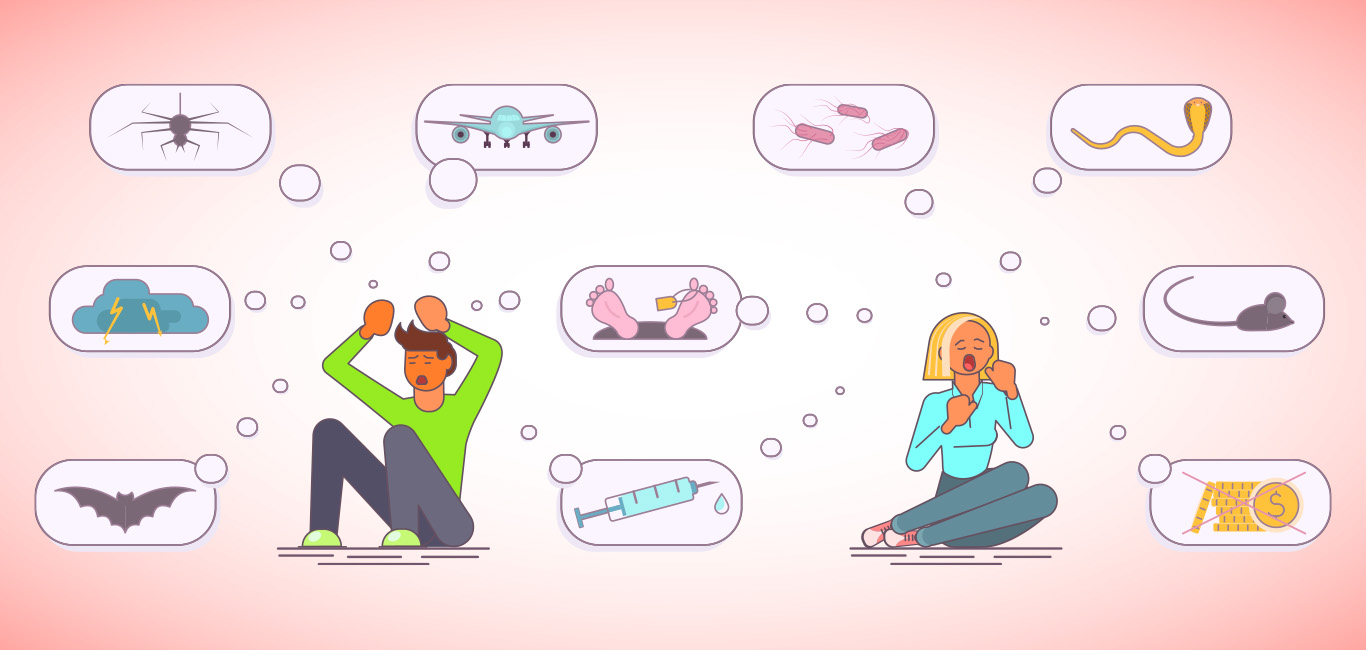Experiencing nervousness in certain social scenarios, like a romantic date or presentation in the office, is a common experience for all. However, when this feeling turns into an intense and persistent fear of social situations accompanied by an overpowering panic of being judged, mental health professionals call it a social phobia or social anxiety.
Social phobia arises when one gets extremely nervous about social interactions. This nervousness stems from the fear of making mistakes, of how others will perceive them, and facing embarrassment.
Social anxiety or social phobia can take root through a variety of experiences, many of which revolve around feelings of humiliation or inadequacy during childhood or adulthood, says Aditi Tulshyan, marriage and family counsellor and certified trauma therapist at XpressIt Mental Health Services in North Delhi. These moments, whether real or perceived, can sow the seeds of self-doubt and a fear of not being accepted. “Social phobia arises from fearing that our true selves would not be liked. This makes us hide who we are, trying to fit in with what others want. This cycle leads to anxiety about socialising, public places, and how we see ourselves,” Tulshyan adds.

Although social anxiety can be stressful and restrict one’s daily activities. understanding and seeking support can help one achieve the challenges of social phobia and regain control of one’s life.
Read here to up your mental health:
How to boost your happy hormones for a blissful life: Discover the secrets of happiness chemicals and learn how to hack them for a joyful life.
Mind your word when someone is in the blues: Here are a few things one should avoid saying to someone with mental health issues – and why.
How to differentiate mental health from inner turmoil? A visual guide to understanding the difference between positive mental health and poor mental health

















